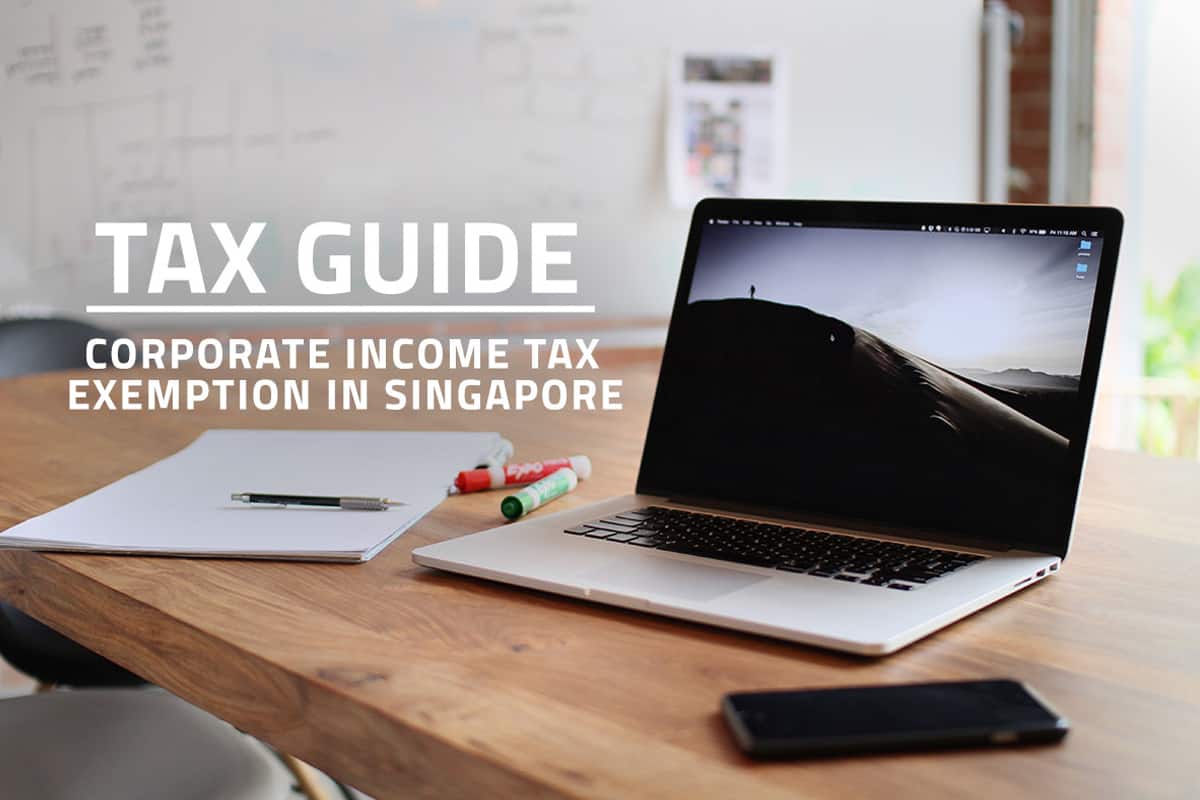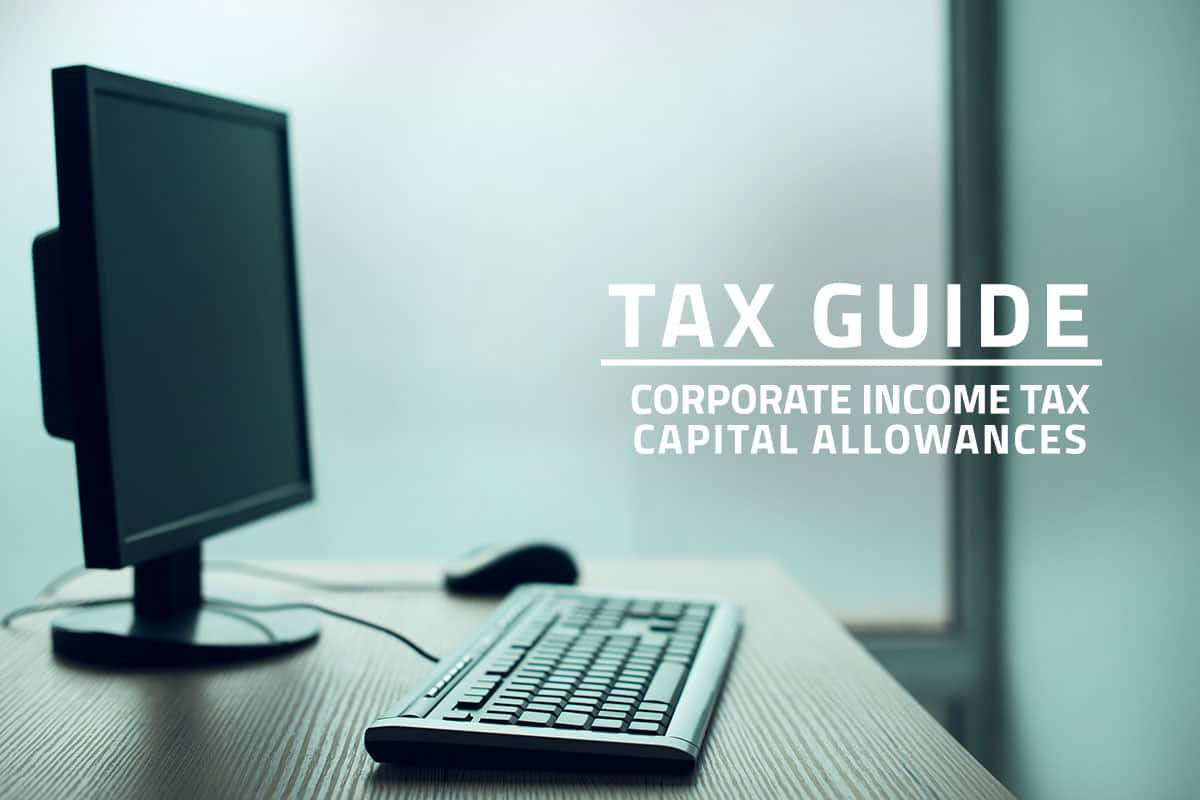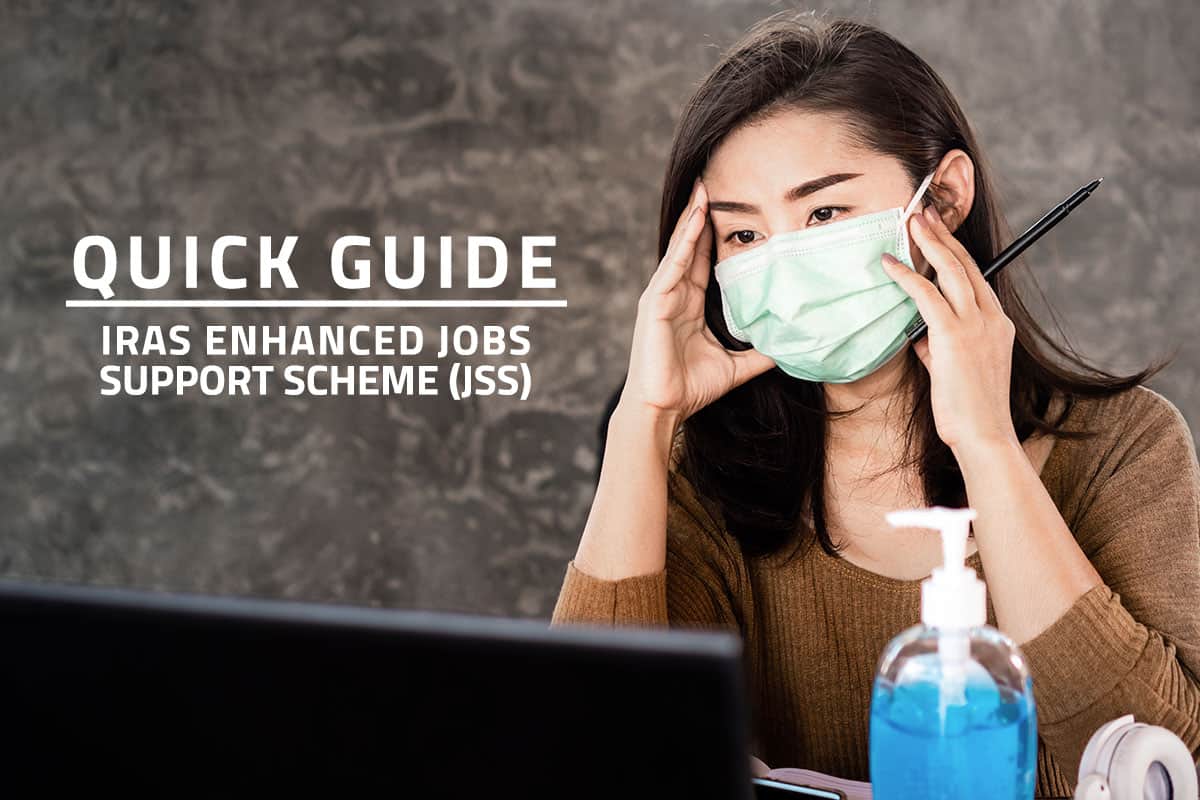By Singaporean law, all companies in Singapore are required to file annual income tax returns to the Inland Revenue Authority of Singapore (IRAS) and pay income tax at the prevailing corporate tax rate applied to chargeable income.
IRAS has put in place tax exemption schemes that are designed to reduce any tax liability burden for Singapore companies as well as new start-up companies and SMEs. These companies are usually in their development phase and tax exemptions are good incentives to help companies grow.

Singapore’s corporate income tax rate has been maintained at a flat 17% over the last 10 years. A company’s chargeable income is reduced by the tax exemption rates set by IRAS for each respective Year of Assessment (YA).
For example: if a company or startup’s earnings amount to SGD100,000, applying a 17% corporate tax rate to the chargeable income would result in SGD17,000 (17% x SGD100,000) tax payable before any tax rebate is applied. For a more detailed explanation of Singapore Corporate Income Tax (CIT) rates see our guide on Singapore CIT.
Singapore Tax Exemption Schemes
Various IRAS tax exemption schemes are incentives for newly set up Small and Medium-sized Enterprises (SMEs) to grow and contribute to Singapore’s economy and tax pool in the future. The table below summarises the tax exemptions for new start-up companies:
Year of assessment | Chargeable income threshold | Exemption % and amount |
First 3 YAs that fall in YA2019 and before | First SGD100,000 chargeable income | 100% = SGD100,000 |
Next SGD200,000 chargeable income | 50% = SGD100,000 | |
First 3 YAs that fall in YA2020 and beyond | First SGD100,000 chargeable income | 75% = SGD75,000 |
| Next SGD100,000 chargeable income | 50% = SGD50,000 |
As a simple illustration, if a company’s first three YAs are 2020, 2021, and 2022, the company is entitled to the tax exemption schemes for newly set up companies for all three YAs. From YA2023 onwards, normal tax exemption scheme for Singapore companies applies.
If a company’s chargeable income is SGD250,000 for YA2020, the total income exempted from tax would be SGD125,000 (SGD75,000 + SGD 50,000), and final chargeable income would be SGD125,000 where 17% tax rate is applied to get tax payable before tax rebate. It can be seen that newly set up companies specifically enjoy higher tax exemption as part of the broader tax scheme to encourage new companies to operate in Singapore.
Tax exemption Schemes are also applicable to all Singapore companies. The table below summarises the partial tax exemption schemes for Singapore companies:
Year of assessment | Chargeable income threshold | Exemption % and amount |
YA2019 and before | First SGD10,000 chargeable income | 75% = SGD7,500 |
Next SGD290,000 chargeable income | 50% = SGD145,000 | |
YA2020 and beyond | First SGD10,000 chargeable income | 75% = SGD7,500 |
Next SGD190,000 chargeable income | 50% = SGD95,000 |
As a simple illustration, if a company’s chargeable income is SGD250,000 for YA2020, the total income exempted from tax would be SGD102,500 (SGD7,500 + SGD 95,000), and final chargeable income would be SGD147,500 where 17% tax rate is applied to get tax payable before tax rebate.
Tax rebates are then applied to tax payable amount. For a more detailed explanation of how tax rebates are calculated read our Singapore Corporate Income Tax Rebate guide.
Hiring a professional tax agent is recommended to ensure accuracy when computing a Singapore company’s chargeable income after applying relevant tax exemption. Tax agents are trained to avoid costly errors in ECI filing and to claim the appropriate tax rebate from IRAS for any particular YA if tax rebate is applicable.
PWCO is a qualified tax professional services firm with over 30 years of experience in the industry. The firm keeps up to date with latest IRAS legislative changes and is able to ease your corporate tax filing procedures to ensure Singapore companies enjoy the maximum benefits of IRAS tax incentives and remain in full compliance with the local tax legislation.
Related Posts
Tax Guide: Singapore Capital Allowances
By law, all Singapore Companies are required to file annual income tax returns to the…
Quick Guide: IAS 20 – Accounting for Government Grants
This year, the COVID-19 crisis has adversely impacted the global economy. Singapore is no exemption,…
Singapore Guide: ISCA FRB 6 – Accounting for Jobs Support Scheme
This year, the COVID-19 pandemic has inevitably adversely impacted the global economy. Singapore companies and…
Quick Guide: Singapore’s Enhanced Jobs Support Scheme (JSS)
The Singaporean government launched the Jobs Support Scheme (JSS) in late April as part of…












